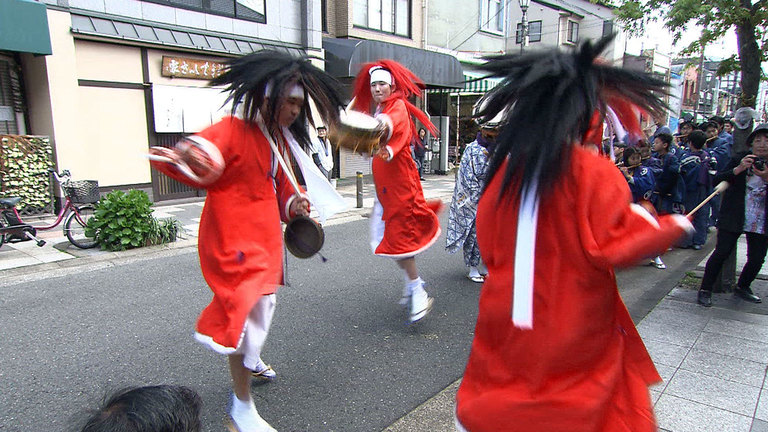Having walked and talked about Anti-Asian Violence (AAV) for a while, I have noticed splits on both the right an left about talking action to oppose the violence.
Passivity on the left comes in two forms. Most visible is the “activist” wing, who vocally oppose AAV, but take action within the realms of academe, national media, laws, etc. Less visible are the ones who dismiss or minimize AAV, mainly responding to a right wing push to blame all the violence on Black people — they are caught up in a media fight.
Passivity on the right seems to be more of a general fear of facing reality: they don’t want to face the fact that police departments, DAs, and judges, may be racists.
The dominant narrative is the basic right wing argument: reformist DAs are letting people out of jail, and crime has risen as a result, the long term reasons are things like single motherhood, Black people existing, and greed.
While this may or may not be true – the logic avoids a whole other narrative that is far more uncomfortable.
- Some cops are racist white supremacists.
- This doesn’t make cops that special: many people hate Asians. The conservatives just want to believe that cops are not that racist, at least not against Asians.
- The DA or prosecutors and defense might be white supremacists.
- The film Who Killed Vincent Chin noted that the prosecutor didn’t bring in some police witnesses to the murder.
- Judges might be white supremacists.
- Look at American history. Look at the current Supreme Court.
- Juries may be white supremacist.
Getting “tough on crime” may not help us, because if we are the victim, the system won’t care about us.
J. Sakai gets into this in the first pages of “Learning from an Unimportant Minority“. Click the images to read the text in a slideshow.




For more info, search for Du Doan annd Haley in Chicago. https://www.upi.com/Top_News/US/2009/12/12/Man-gets-10-years-in-fishermans-drowning/33851260661990/. https://windycitywatch.blogspot.com/2007/09/chicago-tribune-coverage-of-du-doan.html
Sakai was addressing a left wing audience of anarchists, and Sakai is, himself, a communist. The killer, John Haley, who was a member of an anti-racist skins group, like SHARP or ARA, which often have overlapping interests with local anarchist scenes. So this was pretty bold.
So let’s consider another possibility: that Asian victims are not considered worth defending. We don’t count.
(I don’t think this is a specifically Asian condition. There are plenty of people who are considered “worthless and not counting”: transgender people, undocumented immigrants, indigenous people, disabled people, disfigured women, unhoused people who sleep on the street, poor mentally ill people, especially Black and Brown and Red people of color. There are also people who are considered “rarely ever guilty”, like wealthy people, cops, and powerful people.)
Nobody wants to believe the justice system considers them worthless. This denial may exist at many places across the political spectrum.
Accepting the narrative, however, can be empowering, because it points the way forward for action: expose the system, and demand justice.
I’m presently involved in the Justice for Roques campaign to seek justice for a family of Asian American victims of a hate crime. They are using this strategy to lay pressure on all parts of the system.


Leave a Reply